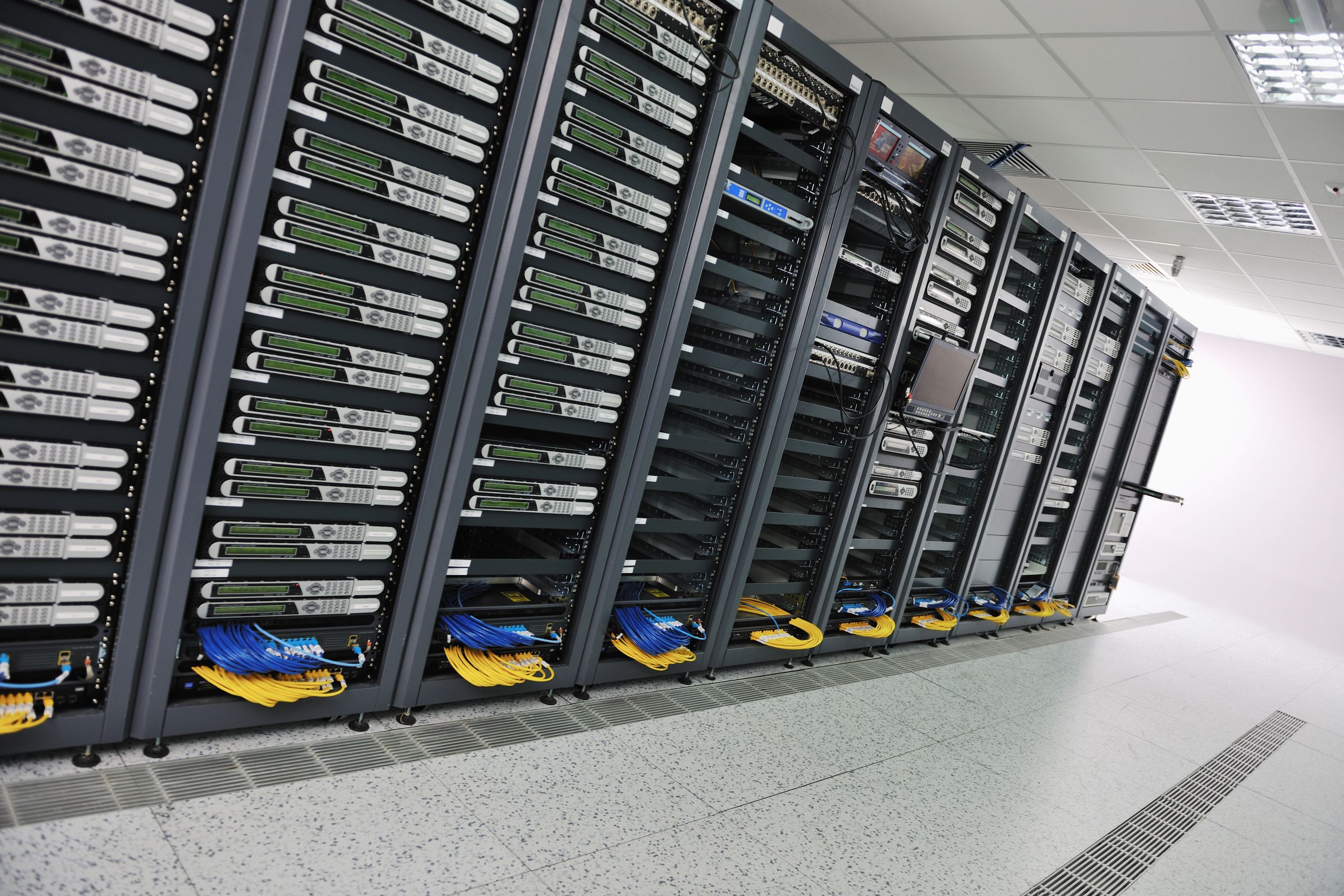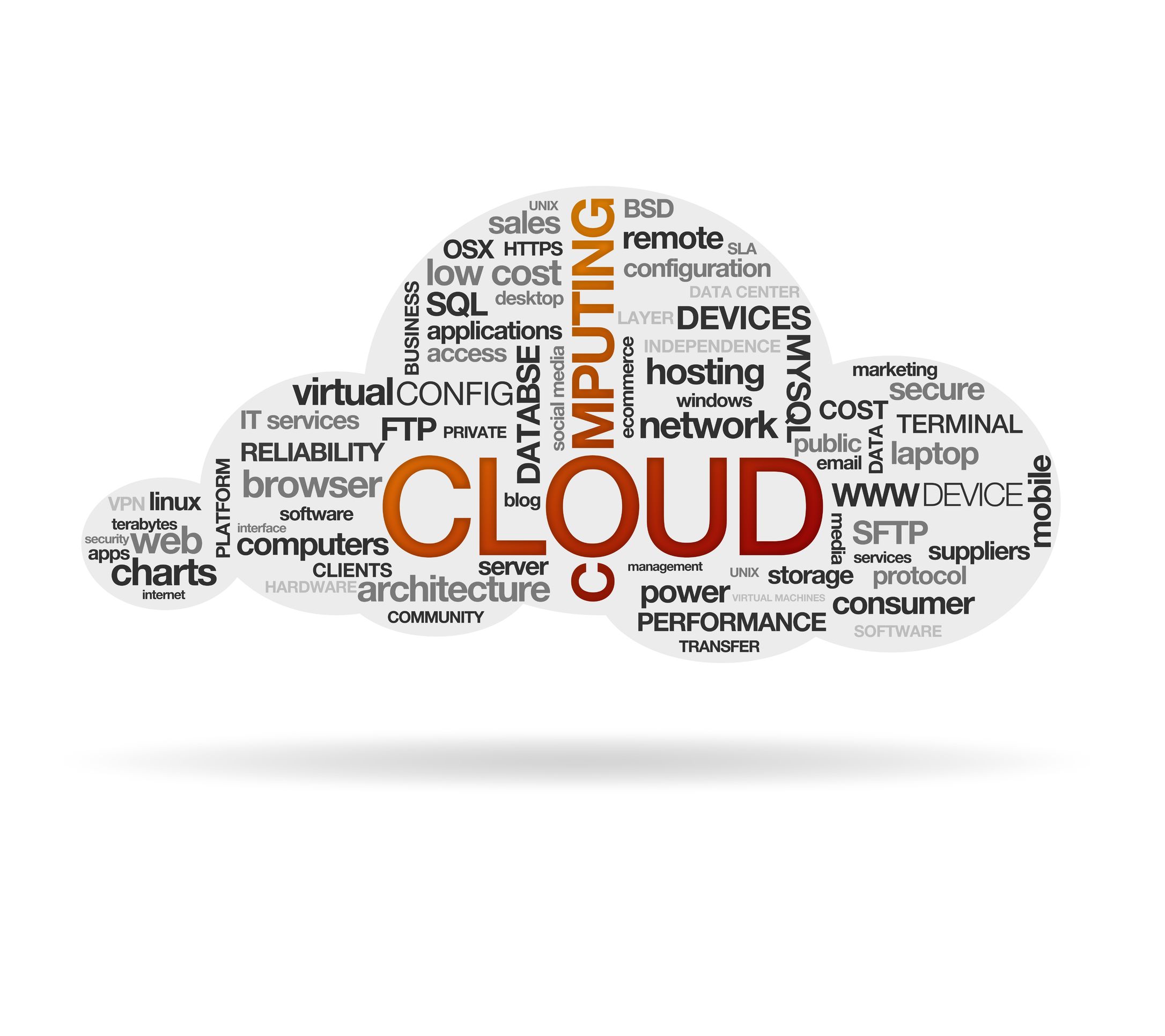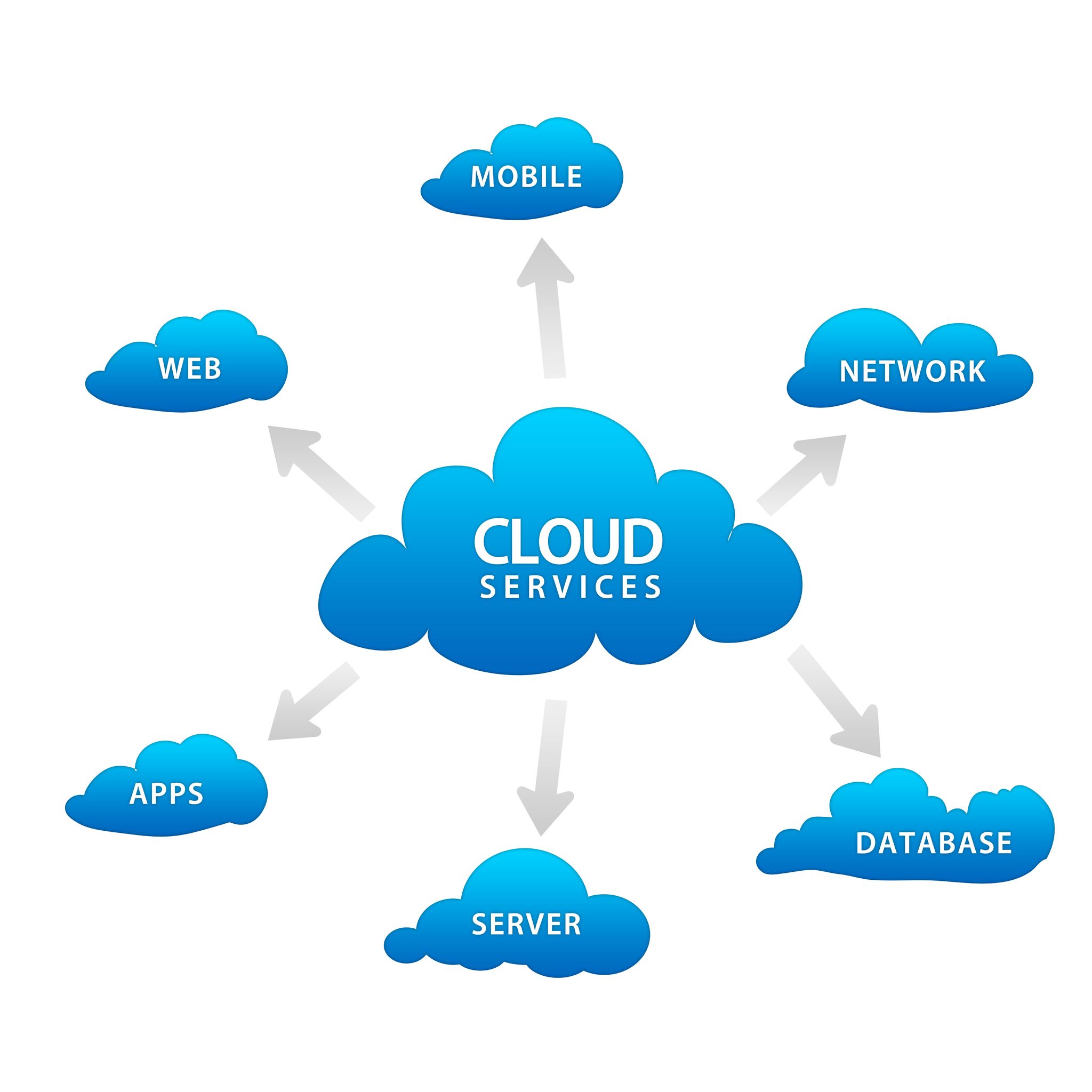It is sometimes easy to think of the difference in private and public clouds as similar to the difference in shared and dedicated servers. With shared servers and public clouds, multiple tenants (businesses) are using shared resources. In most cases, this provides an excellent cloud-based solution, but there are some potential drawbacks and issues to consider.
A dedicated server is like private cloud computing. The private cloud has only one tenant. In other words, only one company is accessing and using the resources of that cloud. At the same time, that tenant has the option and ability to modify the environment as there are no other tenants in the cloud.
Develop the Environment
The private cloud computing advantage that is most important is the ability to use the infrastructure that works for the business’s needs. The business can choose the operating system and all of the elements that used in the cloud.
There are managed private clouds as well, which allows the business to develop and use the cloud, but the system itself is managed by a third party, typically a data center cloud service provider.
High Security Levels
While security is a critical factor in public clouds, as there are shared resources, the modifications or enhancements to security by the individual tenants are limited. With the choice of private cloud computing, any and all required security protocols can be used.
These security additions can include enhanced encryption, firewalls, and specialized security software solutions that can not be used on public cloud systems.
When you have questions about private cloud computing and your business, talk to the team at Web Werks. For more details and information, see us online at www.webwerks.in.



